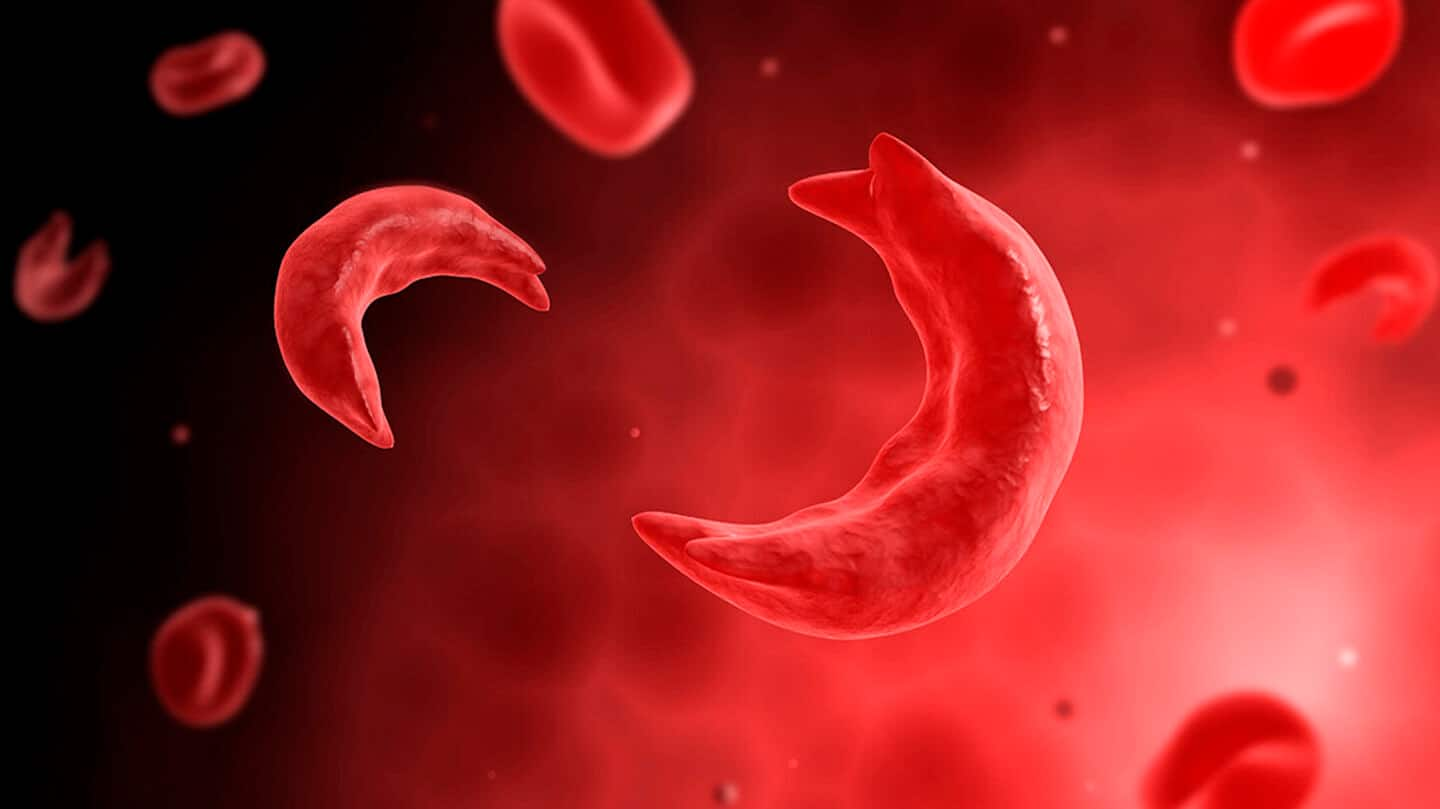
Modi government to screen 70M people for sickle cell disease
What's the story
The Indian government has announced a major initiative to screen 70 million people under the age of 40 for sickle cell disease by 2025-26. The screening will be conducted in 17 states, with a special focus on tribal communities. The program is part of the National Sickle Cell Elimination Mission under the National Health Mission (NHM).
Information
What exactly is a sickle cell disease?
Sickle cell disease is a group of inherited blood disorders marked by abnormal hemoglobin, causing red blood cells to become rigid and shaped like sickles. These misshapen cells can obstruct blood flow, resulting in pain, organ damage, and various complications.
Target states
Screening in high-prevalence states
The screening will be done in states with a high prevalence of sickle cell disease. These include Maharashtra, Odisha, Chhattisgarh, Jharkhand, Uttar Pradesh, Bihar, Gujarat, and Rajasthan, among others. Dr. Manisha Madkaikar from ICMR-CRHCM Nagpur spoke about the mission, saying that universal screening is the first guideline under this initiative. She emphasized that the entire population under 40 years will be screened in these areas.
Screening methods
Importance of newborn screening
Dr. Madkaikar also stressed the importance of newborn screening for sickle cell disease. She said, "Newborn screening is important because if you diagnose newborns early, you can give them effective treatment." Antenatal screening will be done during a pregnant woman's first visit to the doctor. If a woman is found to be a carrier or affected by sickle cell disease, her partner can also be tested for the condition.
Diagnostic progress
Advancements in diagnostic kits for sickle cell disease
Dr. Madkaikar also spoke about the advancements in diagnostic kits for sickle cell disease, saying there is an increasing demand for scalable and reliable tools. "India has seen a lot of advancement in the development of diagnostic kits," she said. "We have developed indigenously made point-of-care tests in the past two to three years." These include point-of-care tests, simple molecular diagnostic tools, and solubility tests now validated under this program.